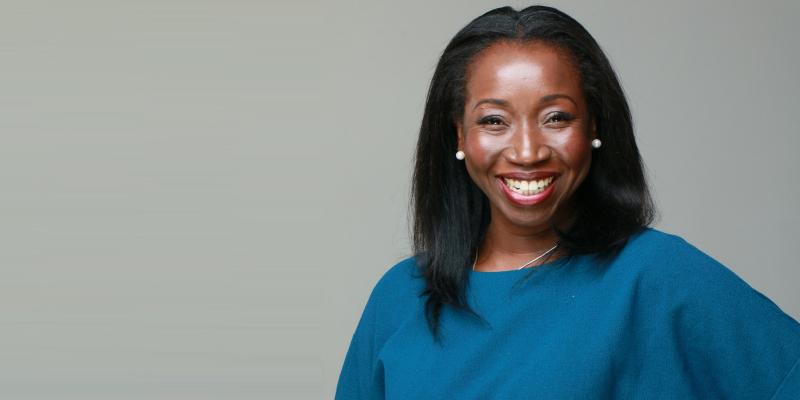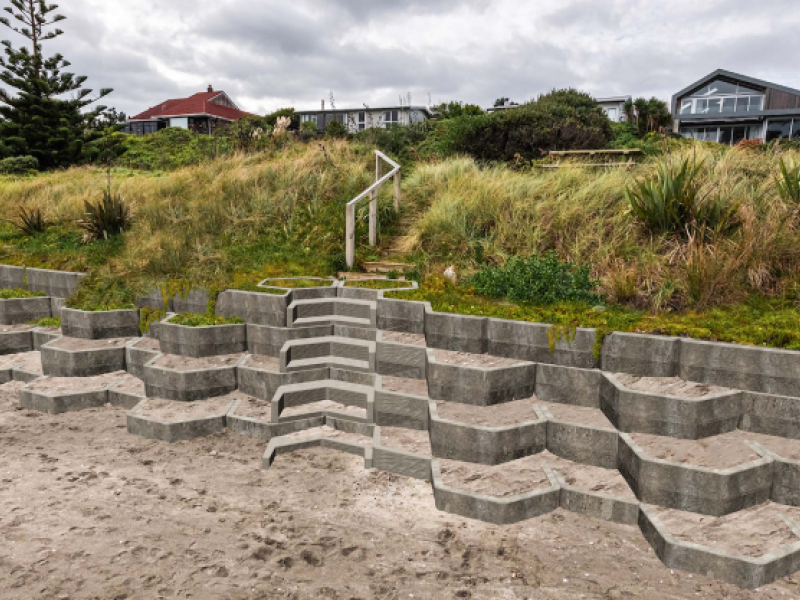By Yemi Penn, Managing Director, Penny Consulting and W Squared Coaching
As a management consultant and executive coach, Yemi Penn works closely with people in the engineering sector to encourage diversity and welcome more women into traditionally male dominated roles. She works with her clients including University of Technology Sydney to develop strategies around ‘thinking flexibly’, to help organisations work smarter and be more efficient.
Here she talks about how engineering businesses in New Zealand can disrupt traditional practice, adapt their working styles to actively encourage gender diversity and prioritise the skill sets and balance that will open the door for a wider range of talent into to the industry.
Roles within the engineering industry are still renowned for their crazy hours, when based either in the office or out on site. So it is easy to understand why there is still reluctance from some women to take up roles within this space, especially if the individual has primary caring responsibilities for children or other caring commitments. Whilst it is common for organisations to recruit team members promising a great culture of a ‘work-life’ balance, the authenticity of these words lie in the actions of the whole workforce, especially senior leaders. The major obstacles preventing this becoming a reality are more often than not, set in a traditional culture which expects professionals to operate within the confines of nine to five, not leaving a minute before the arbitrary 5pm ‘clocking off’ point.
Changing the past
The engineering industry is still perceived as male-dominated, simply because that is how it has been established for centuries – from Leonardo da Vinci to Henry Ford and Elon Musk we cannot expect immediate balance over a few decades. But what is important is that we are starting to have these conversations and that actions are being proactively implemented through the education system, government and the private sector to achieve a better balance. It is exciting that as a society, we are acknowledging and embracing the diversifying skillset that women can bring to the industry.
Over the past three years, I have personally seen a real shift in women taking on the opportunities of leadership roles within the sector, especially in Sydney. Women in such roles are making huge leaps in progress and changing the way of doing business in the industry.
But how can it be achieved?
Here in New Zealand, flexible working is fast being adopted by businesses who want to get the very best out of individuals, rather than enforcing the rigidity of the traditional working day. Diversity works well when an organisation accepts flexibility for its workforce, something that STEM organisations are encouraged to prioritise – and diversity isn’t just from a gender balance perspective, but also focuses on making the most of the range of skills present within a company.
With an understanding of how people’s circumstances and lifestyles change during the course of their working lives, I have worked with businesses to offer solutions including flexible working hours, job-sharing, remote working and the ‘compressed week’ – organisations should be seeking to measure output rather than the hours clocked up. For example, if I can deliver a project in two days but it might take another individual eight days, I believe that I should be paid for the quality and efficiency of the work that has been delivered. Tackling individual working situations can be difficult – but this again demonstrates that in looking to achieve the best results from everyone, the traditional routines also need to be disrupted.
Each one has enabled people to manage their work life balance with greater independence and autonomy. Essentially, flexibility allows individuals to dictate how and when they want to work, which in turn brings about increased motivation, commitment, efficiency and productivity on the premise that the organisation remains transparent in communicating its overall objectives.
A different perspective
Flexibility is just one part of the jigsaw to ensuring that some of the brightest minds are encouraged into roles that have historically been viewed as ‘masculine’. Businesses need to place greater emphasis on different perspectives, by focussing on skills across both genders such as patience, resilience, tenacity, multitasking, planning, analysis and emotion – each plays a critical part of the reasoning and collaboration processes within STEM roles.
I have helped people within the STEM sectors wake up to the benefits of diversity in the workforce and encourage both businesses and individuals to bring on the changes. These small steps can be easily initiated by asking:
• What working flexibly looks like and how it could transfer into your business culture?
• What are the needs of the people in your organisation?
• How empowered is your workforce to undertake their role?
• What are the opportunities for diversity of leadership?
• What are the opportunities to overcome any hierarchical structures?
It is in everyone’s interest for New Zealand STEM organisations to encourage an increase in high quality individuals coming into the sector. We want to see continual growth and New Zealand position its internationally-recognised culture of diversity, at the pinnacle of STEM success.






